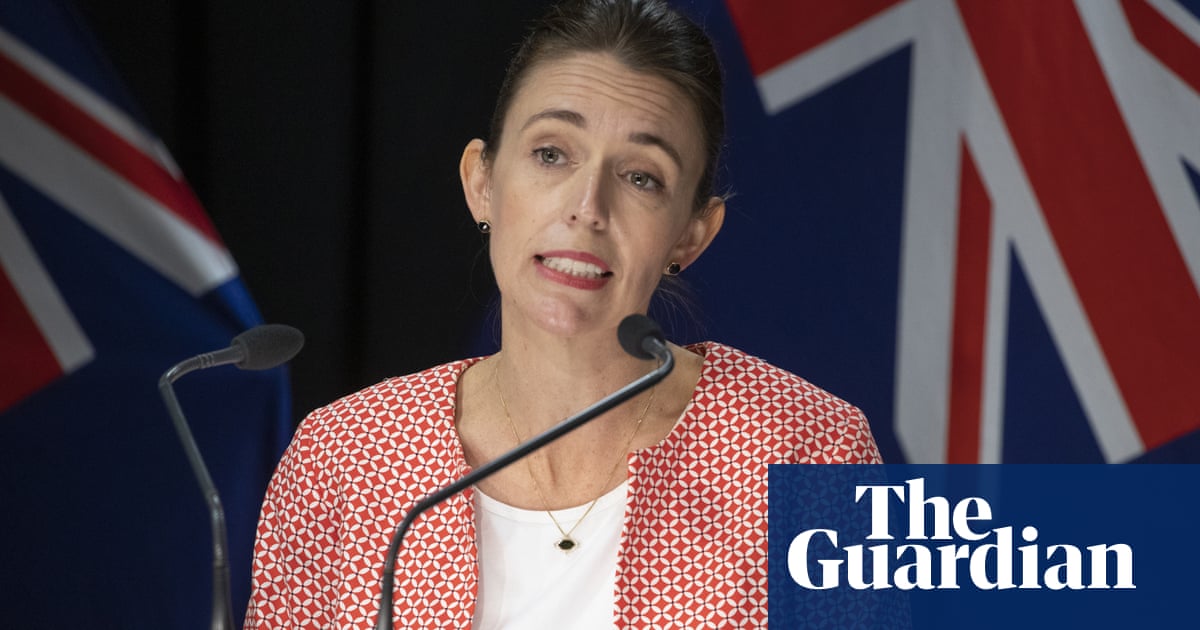- cross-posted to:
- [email protected]
- cross-posted to:
- [email protected]
Summary
New Zealand’s royal commission into its Covid-19 response found vaccine mandates were reasonable based on available data but acknowledged they harmed social cohesion.
The report praised the country’s elimination strategy for achieving one of the lowest Covid death rates among developed nations while preventing healthcare system collapse.
However, it criticized prolonged lockdowns, weak health system preparedness, and a lack of planning for future crises.
Commissioners urged broad investment in pandemic readiness and emphasized the importance of both frontline and planning staff.
A second phase of the inquiry will review vaccine harms and conclude in 2026.



They were having rugby games while the rest of the world burned down in flames
Are you saying that New Zealand returned to normal before the rest of the world? Because that’s not how I remember it at all.
We had a four week (incredibly strict) lockdown in 2020 and then life returned to normal because we eliminated the virus. In late 2021 the delta variant ruined all that and the government attempted a half-assed lockdown which didn’t do much and that’s where a lot of the anger came from.
NZ had relatively a very short lock down and were one of the few oecd countries that was back to regular life in 2020. Other than wearing masks in certain places you could go to restaurants, movies, regular shops etc.
Eventually there was another lock down, for most of the country it was much shorter. One town had to go longer though cause they kept having cases pop up.
The “one town” you’re referring to is Auckland, NZ’s economic center and has a third of the country’s population.
Whenever I talk about COVID lockdown with NZers from outside of Auckland they play it down because there was only a few weeks of strict lockdown at the start. However, anyone that lived in the Auckland region can tell you that the lockdowns were long, tough and plentiful. People in Auckland were still stuck in their homes celebrating birthdays alone late 2021. Eventually the government gave up when the Omicron variant exploded and a majority had been vaccinated.
Every article i can find discusses New Zealand having the longest-running and toughest covid restrictions in the world, pretty far from normal life. I remember them briefly easing restrictions in 2020, and it was widely celebrated as some kind of victory over covid, but it was short lived, and restrictions and mandates came right back stronger than ever.
Well you’ve been reading incorrect.
I live in NZ and was here all through covid. We had, outside Auckland, a total of 8 weeks lockdown, then some mild restrictions for a few weeks, then business as usual.
Places like Melbourne and the UK had over a year of restrictions and many more months of lockdown
You clearly do not live in Auckland then. The person you’re replying to is not incorrect, you were just fortunate to live in another part of the country.
I know Auckland lockdowns were longer and more difficult. But they are incorrect. They weren’t “the worst in the world”. Melbourne had the longest lockdowns in the world.
Auckland had an extra 3-4 months than the rest of the country (for a total of about 6, but Melbourne had basically 9 months.
Public masking and vaccine mandates didn’t stop until September 2022.
That’s different from a lockdown, no?
Yeah but I was talking about covid restrictions in general. Maybe that’s where the confusion came.
IIRC New Zealand returned to actual normal, as in COVID was a relative non-issue, faster than many other countries. Their restrictions were more severe and weren’t lifted very quickly, but when they were lifted things were actually fine.
Places like the US and much of Canada dropped restrictions while things were still pretty bad in terms of infection rates and strain on health care systems, and really they hardly enforced them to begin with. You could see this as a return to normalcy since restrictions were gone, but in Alberta they lifted restrictions when we were still dealing with plenty of deaths, severely impacted health care, and on top of that we were still figuring out the implications of the whole long COVID thing. That’s not a return to normal, I don’t think, it’s pretending things are normal when they’re not.
Our restrictions were basically lifted after four weeks in 2020 because that was enough to eliminate the virus. I think going a bit authoritarian with the lockdown maximised our freedom in the long run that year.